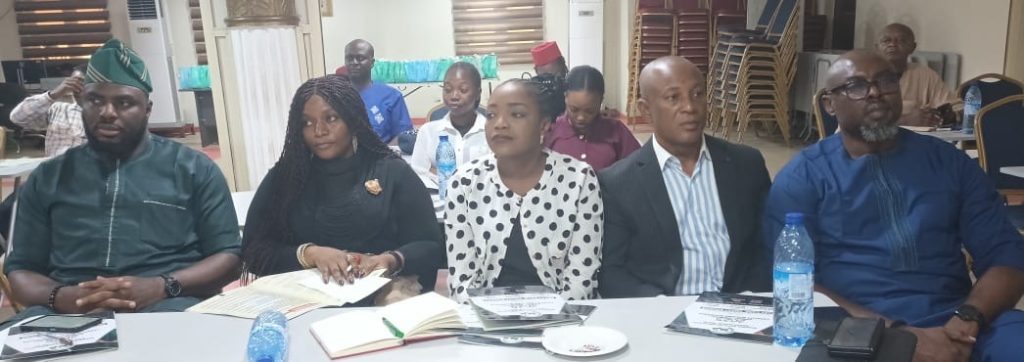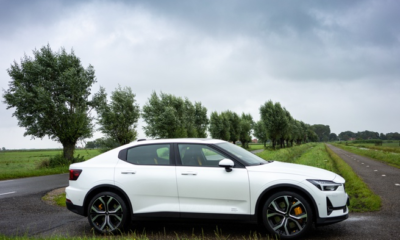NEWS
AI in Journalism: NAJA Calls for Ethics and Accuracy in the Age of Smart Reporting

As artificial intelligence continues to reshape both the automotive and media landscapes, the Nigeria Auto Journalists Association (NAJA) has urged journalists to uphold ethics, accuracy, and credibility in their reporting to maintain public trust in an era of smart technologies.
Speaking at the 2025 NAJA Annual Training and Seminar held in partnership with Jetour Mobility Services, the association’s chairman, Mr. Theodore Opara, emphasized that while AI offers enormous potential for efficiency and insight, it also presents new ethical challenges that demand vigilance from journalists.
The seminar, themed “AI Automotive Reporting: Smart Cars, Smart Stories,” brought together industry stakeholders, journalists, and mobility experts to examine how artificial intelligence is transforming both automobiles and the stories written about them.
“Across the world, AI is redefining how cars are designed, manufactured, and driven — and also how stories about them are told and shared,” Opara said. “As auto journalists, we must evolve with this transformation by understanding not only the technology behind smart mobility but also the ethics, accuracy, and depth required in reporting it.”
Opara’s remarks reflect a growing global conversation about the intersection of technology and truth. As newsrooms experiment with AI tools for data analysis, content generation, and audience engagement, questions about misinformation, bias, and editorial integrity are becoming central to the profession.
Industry observers say automotive journalism — long reliant on technical data, innovation trends, and manufacturer claims faces particular risk if reporters rely too heavily on machine-generated content without verification.
“Technology should assist, not replace, journalistic judgment,” said one participant at the seminar. “AI can process information faster, but it can’t discern ethics or context. That’s the journalist’s job.”
NAJA’s focus on ethics comes as automakers increasingly integrate AI into vehicles, making them not just modes of transport but data-driven ecosystems. For Opara, this convergence makes responsible reporting even more crucial.
“Our theme challenges us to become smarter storytellers for a smarter industry,” he concluded. “Credible, data-driven journalism is essential in shaping public perception and supporting Nigeria’s journey toward sustainable mobility and automotive innovation.”
The event also featured expert-led sessions on AI-assisted research, fact-checking, and data visualization as part of NAJA’s broader mission to prepare its members for the fast-changing world of digital media.
As the line between man and machine grows thinner in both cars and newsrooms, NAJA’s message rings clear: the future of journalism will not just depend on smart tools, but on smarter ethics.
MIKE OCHONMA
EDITOR
-

 AVIATION5 years ago
AVIATION5 years agoPhoto News: Air Peace commence flight operations to South Africa
-

 Car News5 years ago
Car News5 years agoPolestar is recalls over 2000 electric cars due to software bug
-

 RAIL5 years ago
RAIL5 years ago36 Killed in Pakistan Train Accident
-

 Technology5 years ago
Technology5 years agoCommon mistakes in CO₂ emissions calculations
-

 Business5 years ago
Business5 years ago2016 Volvo XC60 review and specifications
-

 Reviews5 years ago
Reviews5 years ago2021 Audi A6 Specifications and Review
-

 SAFETY / CAR CARE5 years ago
SAFETY / CAR CARE5 years agoHandbrake warning light; what it means and what to do
-

 Reviews3 years ago
Reviews3 years agoDebutant Kia’s new K8 sedan benchmarks luxury, safety
